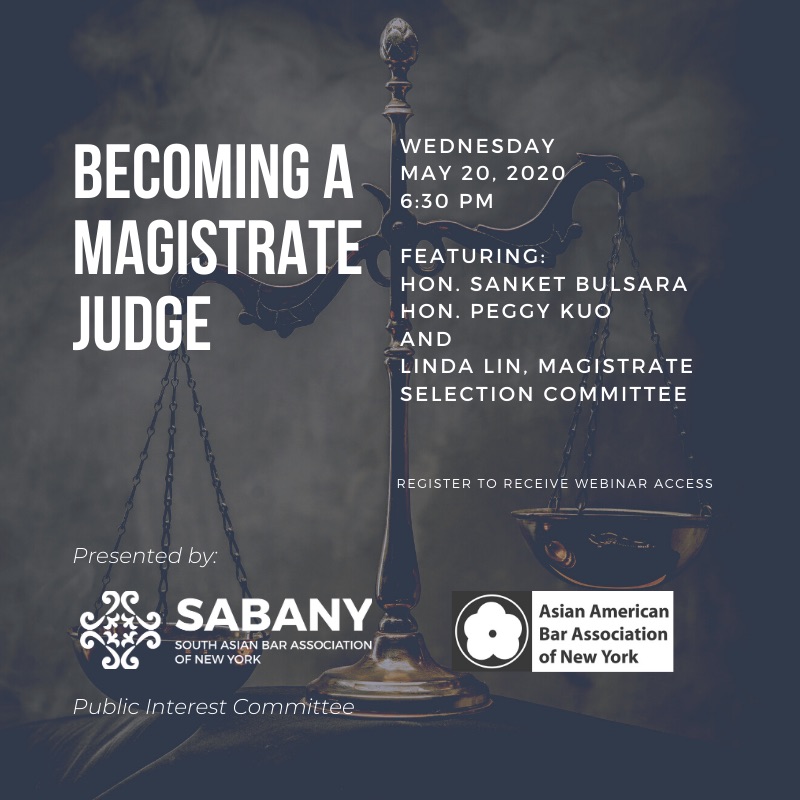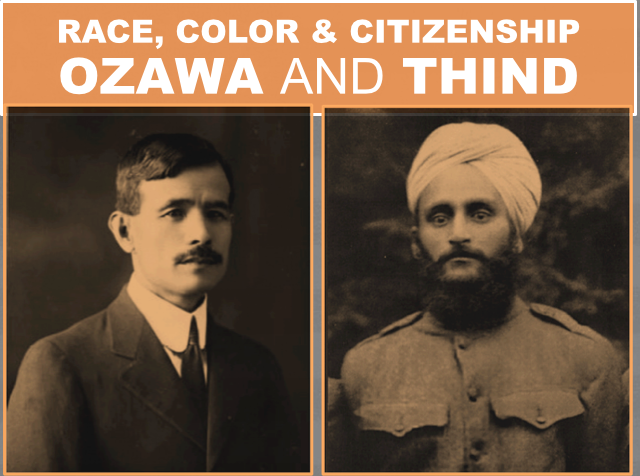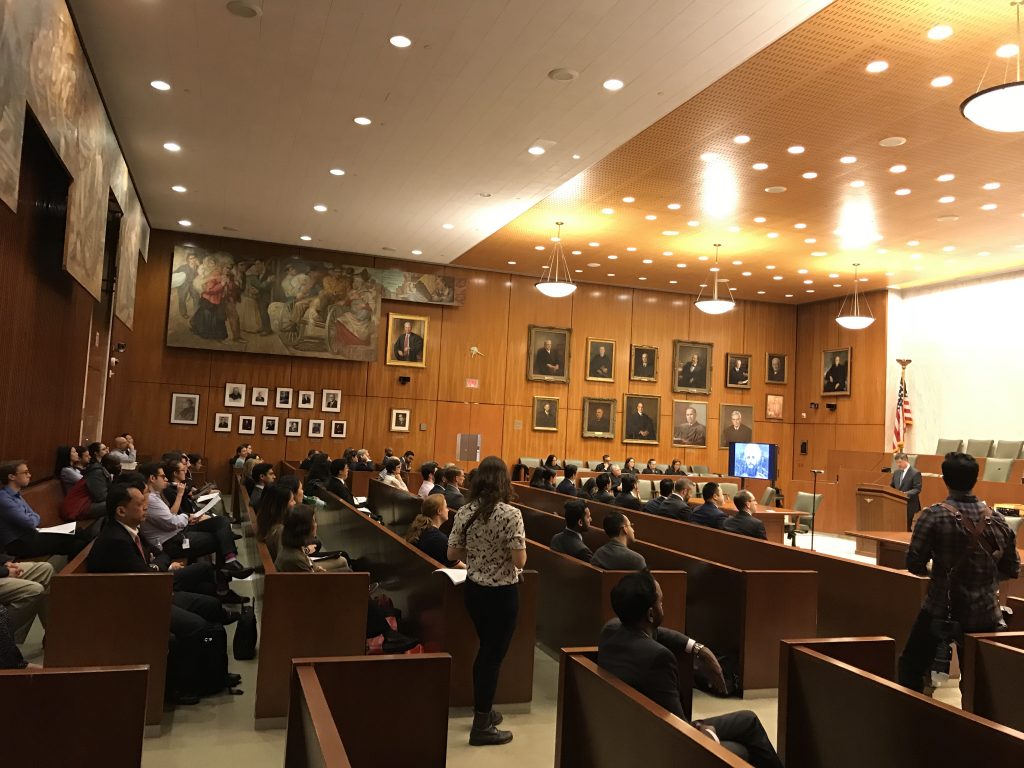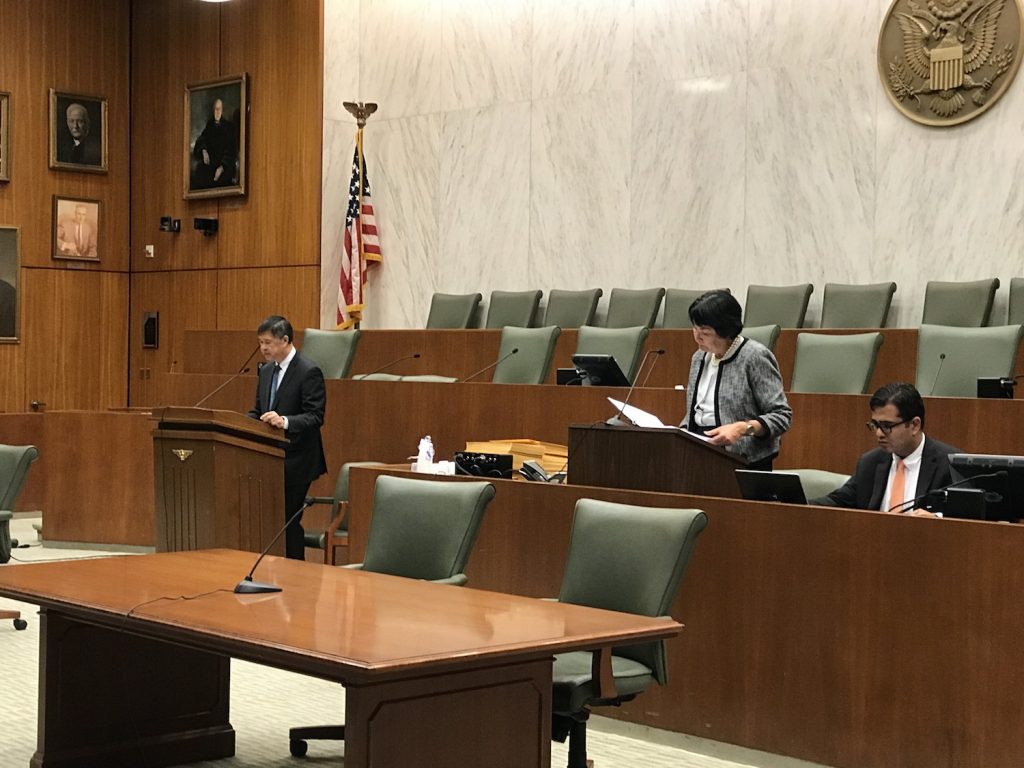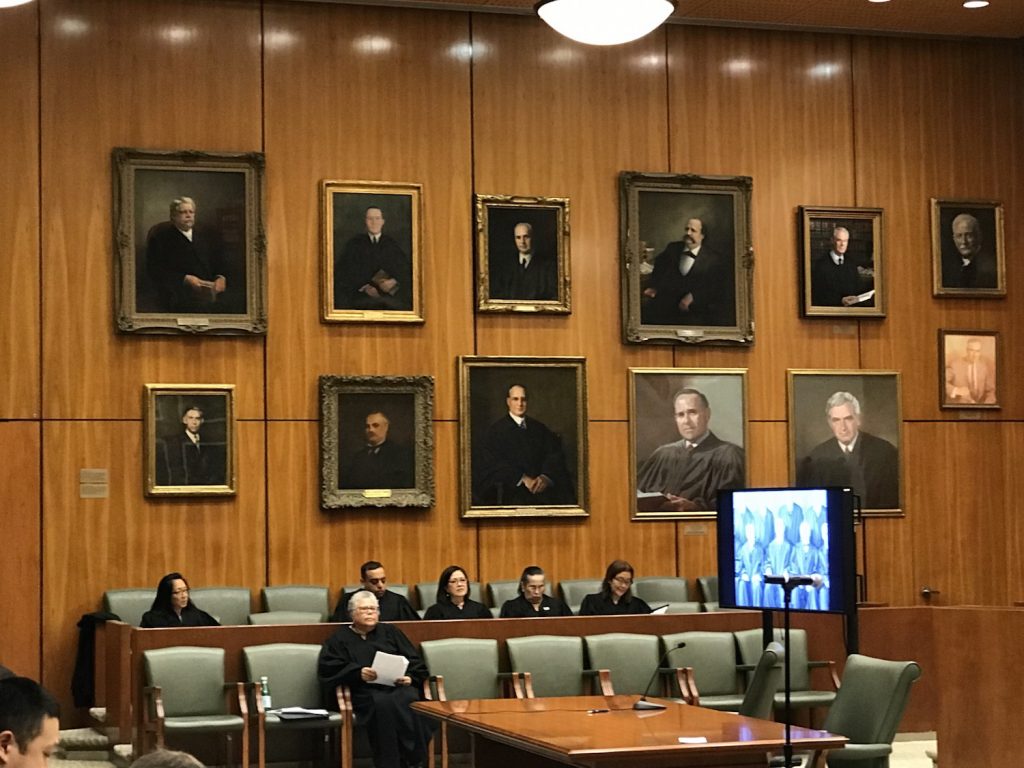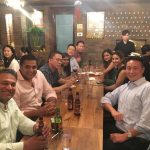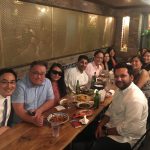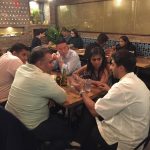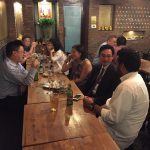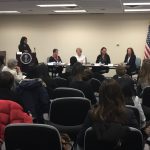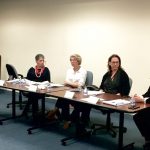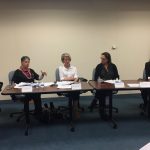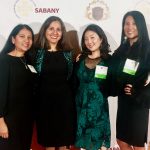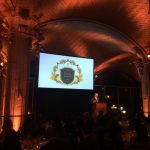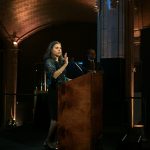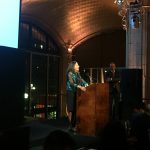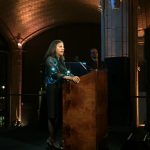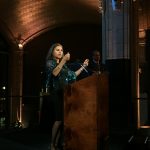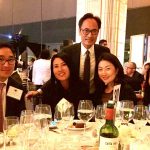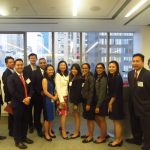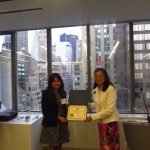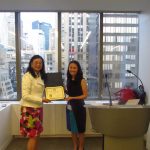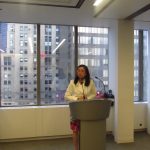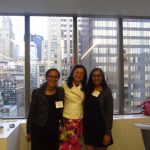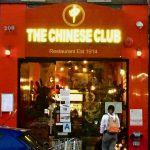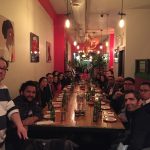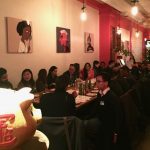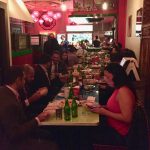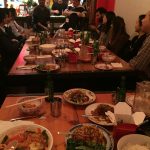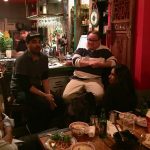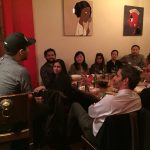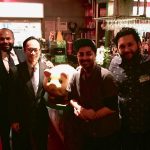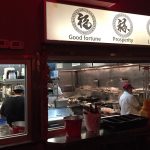NEW YORK, June 19, 2019 – The Asian American Bar Association of New York (“AABANY”), the Korean American Lawyers Association of Greater New York (“KALAGNY”), the South Asian Bar Association of New York (SABANY) and the Filipino American Lawyers Association of New York (“FALA New York”) condemn the process by which New York City Mayor Bill de Blasio formulated his plan to reform admissions to the city’s specialized high schools because he has shut out Asian American leaders and organizations from any meaningful participation. We believe that any legislation with such wide-ranging impact on all communities should not be permitted to move forward when the process by which it has been advanced to the legislature has been marked by excluding the voices of the Asian American community.
In June 2018, Mayor de Blasio announced his support for New York State Assembly Bill A2173 which calls for eliminating the Specialized High School Admissions Test (SHSAT), to be replaced by a new selection process. He did so without seeking any input from the Asian American community or any of the New York Asian American elected officials at the Federal, State, or local levels. We are deeply concerned, because we believe this exclusionary process illustrates how the current debate has largely ignored and dismissed the reality that Asian Americans also face racial discrimination.
Asian Americans currently make up more than 60% of enrollment in the specialized high schools. Pronouncing that the specialized high schools had a “diversity” problem,” Mayor de Blasio’s rhetoric problematically casts the Asian American populations in these schools as a problem that needs to be fixed and ignores the incredible diversity that exists at the schools.
In March 2019, the Mayor recognized that his rollout was flawed and that he “wish[es] he had done it better,” promising to meet with Asian American community leaders. That meeting finally took place three months later, on June 13, with less than a week left in the State legislative session. Even though the Mayor finally apologized to the Asian American community at that meeting, Assembly Bill A2173 continues to move forward in Albany.
We recognize that the proposed elimination of the SHSAT is a divisive issue, even within the Asian American community. AABANY proudly led public discussions on this issue, hosting a community forum in Flushing in 2014, another forum in Manhattan in 2015 and a documentary film screening about the SHSAT called “Tested” in 2015. AABANY used these opportunities to engage speakers on opposing sides of the debate in an effort to educate the public on the differing viewpoints, including those within the Asian American communities, on SHSAT reforms.
The Asian American community is not monolithic. We celebrate both the diversity within the Asian American community and the diversity Asian Americans bring to American society. We fully support improving access to quality education for all. We are invested in true diversity, one that does not envision a small pie that must be divided among competing groups. We support building more specialized high schools and the revival of gifted and talented programs in every elementary and middle school. We support city funded SHSAT test prep for any student that wants to take it.
Given the flawed process that produced the Mayor’s plan, we oppose New York State Assembly Bill A2173. We call upon the Mayor to withdraw his current plan and provide Asian Americans a seat at the table to develop a new plan for the specialized high schools that benefits from having all stakeholders heard and represented in developing legislation on the vital issue of a fair, equitable and diverse public education system for all.
______________________________________________________________
The Asian American Bar Association of New York is a professional membership organization of attorneys concerned with issues affecting the Asian Pacific American community. Incorporated in 1989, AABANY seeks not only to encourage the professional growth of its members but also to advocate for the Asian Pacific American community as a whole. AABANY is a New York regional affiliate of the National Asian Pacific American Bar Association (NAPABA).
The Korean American Lawyers Association of Greater New York (KALAGNY) is a professional membership organization of attorneys and law students engaged with the issues affecting the Korean American community in Greater New York. Incorporated in 1986, KALAGNY seeks to encourage the professional growth of its members as well as provide legal support for the Korean American community.
Founded in 1996, the South Asian Bar Association of New York (SABANY) is an organization of South Asian attorneys practicing in the New York City metropolitan region. The mission of the SABANY is to enhance the professional development of the South Asian legal community and act as a resource to the South Asian community at large by increasing access to justice, upholding the rule of law and improving our justice system.
FALA New York was formally organized in 2015 in New York as a not-for-profit corporation to represent the interests of New York Filipino American attorneys, judges, law professors, legal professionals, legal assistants or paralegals and law students. The mission of FALA New York is to promote the vibrant Filipino American legal community in New York by connecting Filipino American attorneys in order to share our experiences and expertise and to explore issues, cases and laws that affect the Filipino American community.
###
Additional information about AABANY is available at www.aabany.org
Follow our blog at www.blog.aabany.org
Follow us on Twitter at www.twitter.com/aabany
Find us on Facebook at www.facebook.com/aabany


